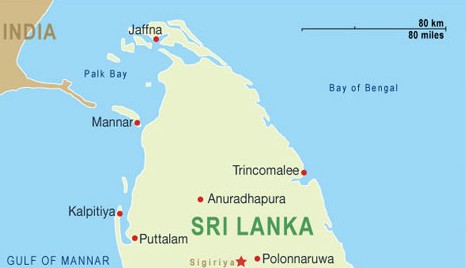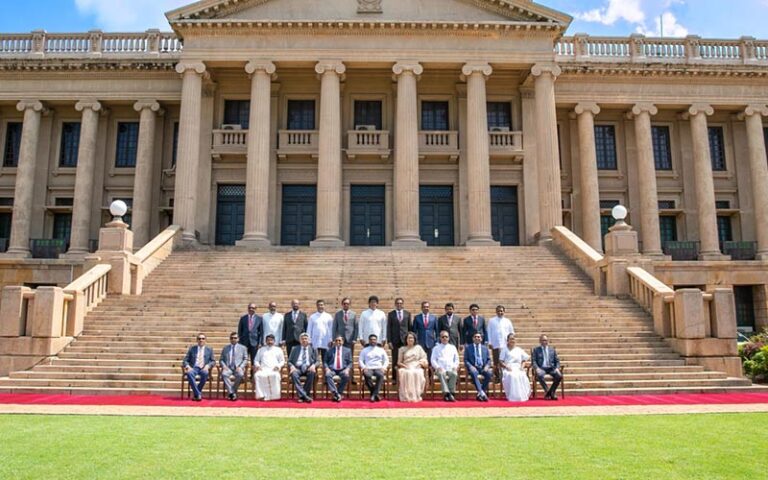 The international police INTERPOL has been asked to assist in the investigations into the Matale mass grave, the Matale Magistrate said today.
The international police INTERPOL has been asked to assist in the investigations into the Matale mass grave, the Matale Magistrate said today.
The Magistrate said this when the case into the mass grave found at Matale last year was taken up for hearing once again today.
The Magistrate said that INTERPOL assistance had been sought and once that is obtained then DNA tests will be carried out on the skeletal remains found at the grave site.
The Magistrate also ordered that public notices be issued in all three languages to ensure than anyone who has more information or wants to give evidence in the case comes forward.
Meanwhile another 22 petitions were filed today in relation to the case.
Over 150 skeletal remains and human bones have been unearthed from the mass grave in Matale. Forensics had determined that the remains were of those killed sometime in the late 1980′s and the area has now been marked as a crime scene.
At least 10 skeletal remains were first found from the site near the Matale hospital in November last year by construction workers when land near the hospital was being dug-up to construct a new building. Following police investigations excavation work began to look for skeletal remains at the site and more remains were found.
The JVP had demanded that the government carry out investigations on the mass grave following fears the remains maybe that of JVP members or supporters killed during a 1987-89 insurgency.
The UNP, which was in power during the 1987-89 period, said it will back an independent investigation into the mass grave. The UN had also been called to assist in the investigations into the mass grave.
In a written statement submitted to the UN Human Rights Council, ahead of the 22nd session last March, the Asian Legal Resource Centre (ALRC), a nongovernmental organization, had said that the UN Working Group on Enforced Disappearances should, through their experts, study the situation and the conduct of inquiries relating to the remains of the 200 or more persons found in Matale and assist the Sri Lankan government to ensure that these inquiries meet international standards.
Source: Colombo Gazette




